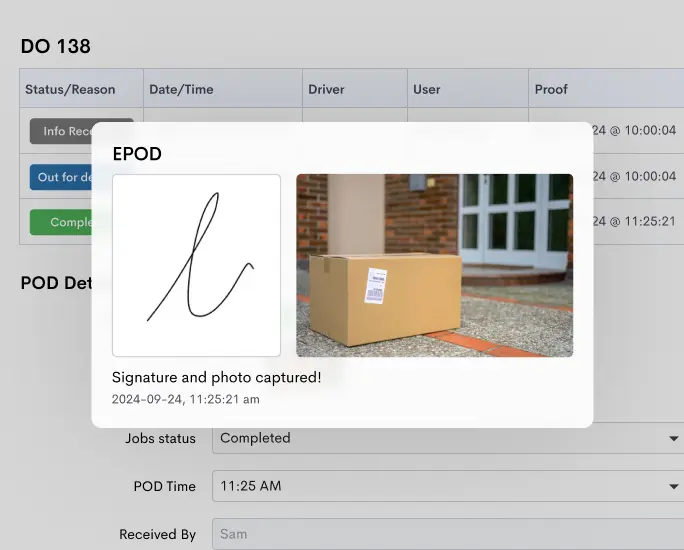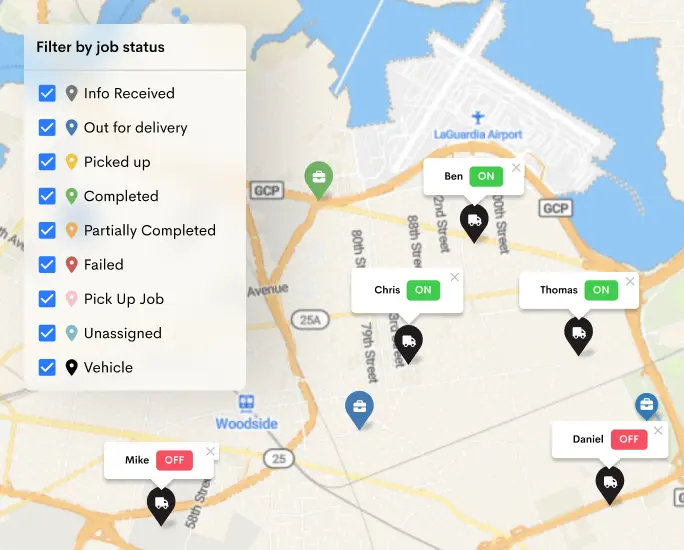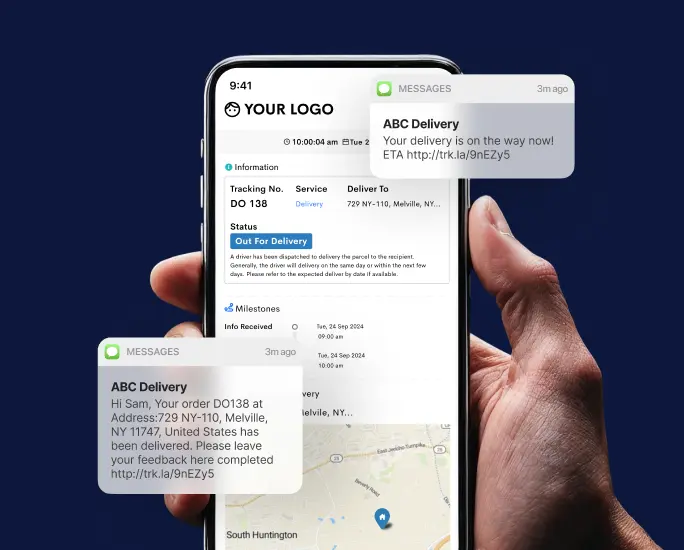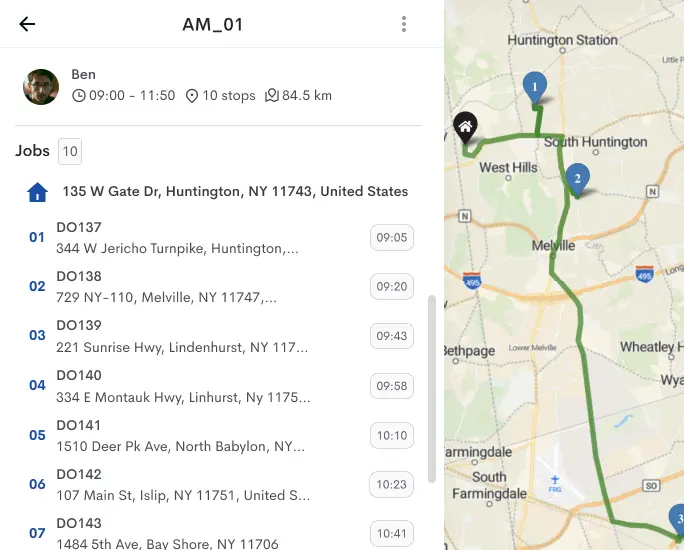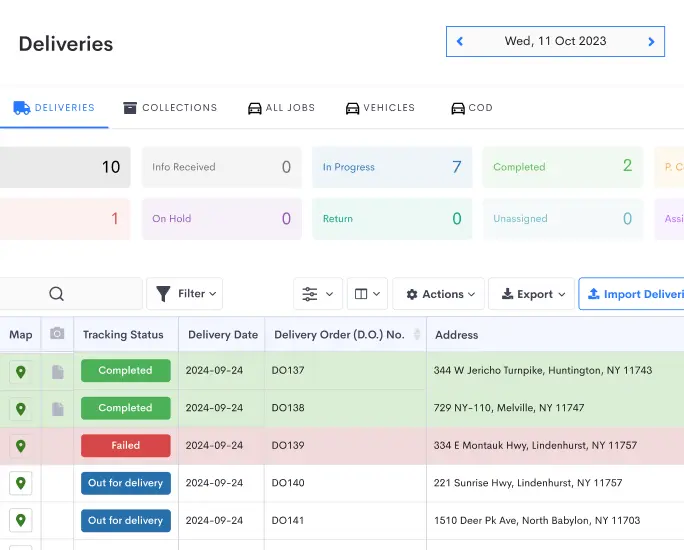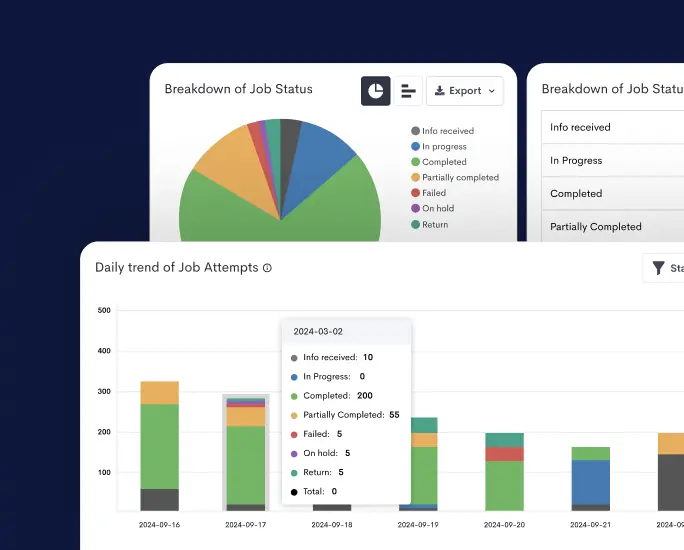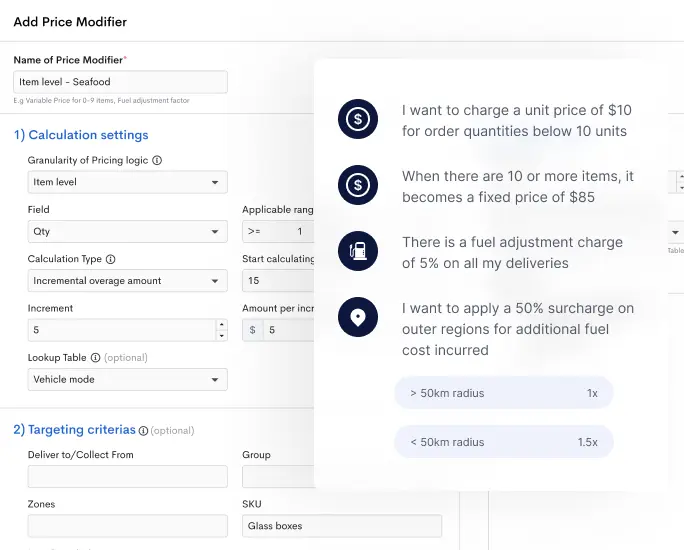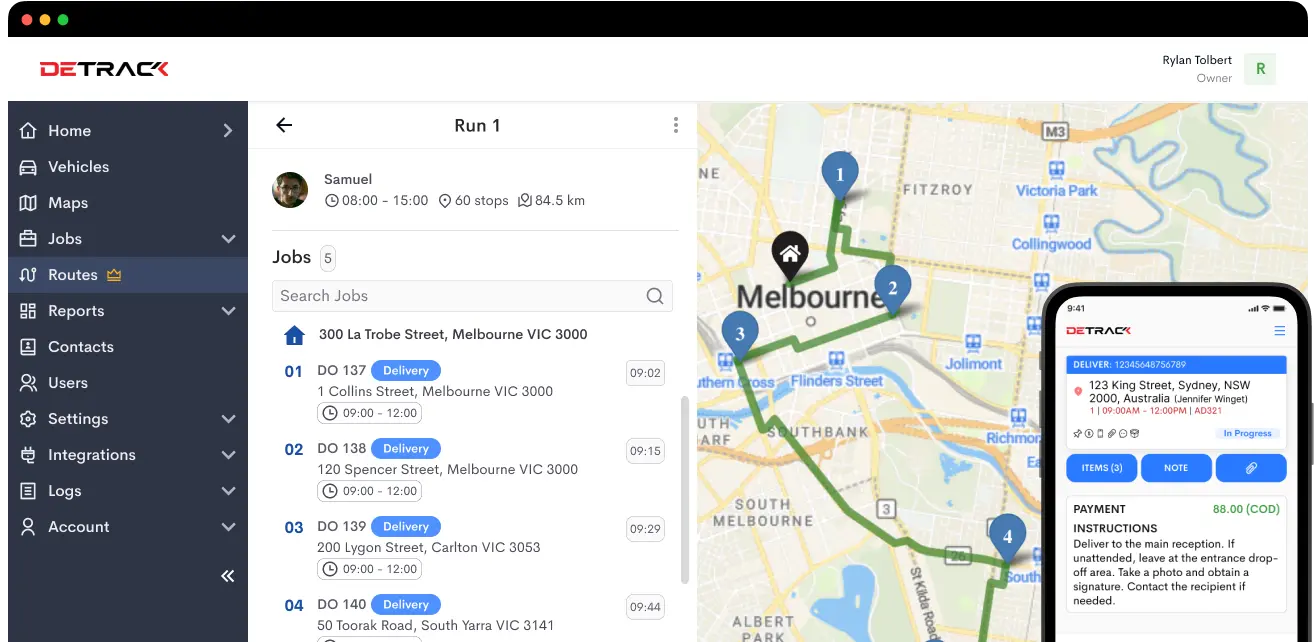In supply chain management, businesses constantly seek ways to optimize their operations for efficiency and cost-effectiveness. One strategy that has gained significant traction in recent years is outsourcing logistics functions to third-party logistics providers (3PLs).
While this approach offers several advantages, it also comes with its own set of challenges and disadvantages. In this blog post, we will explore the intricacies of 3PLs, examining their benefits and drawbacks.
Advantages of Third-Party Logistics (3PL)
Expertise and Specialization
One primary advantage of partnering with a 3PL is gaining access to their specialized expertise in logistics management. These companies are dedicated to optimizing supply chain processes, leveraging their knowledge and experience to improve efficiency and reduce costs.
By outsourcing logistics functions to a 3PL, businesses can tap into this expertise without investing in building their infrastructure and capabilities.
Cost Savings
Outsourcing logistics to a 3PL can lead to significant business cost savings. 3PLs typically benefit from economies of scale, allowing them to negotiate better rates with carriers, warehouses, and other service providers.
Moreover, by outsourcing logistics, businesses can avoid the capital expenditures associated with owning and maintaining transportation fleets, warehouses, and technology systems.
Flexibility and Scalability
Another advantage of 3PLs is their flexibility and scalability. As businesses grow or experience fluctuations in demand, they can easily adjust their logistics operations by leveraging the resources and network of their 3PL partner.
This flexibility allows companies to respond quickly to changing market conditions without significantly investing in infrastructure or personnel.
Focus on Core Competencies
By outsourcing logistics functions to a 3PL, businesses can free up valuable time and resources to focus on their core competencies.
Instead of worrying about the complexities of supply chain management, companies can concentrate on product development, marketing, and other strategic activities that drive growth and profitability.
Enhanced Service Levels
Many 3PLs offer advanced technology solutions and value-added services to help businesses improve their service levels and enhance the customer experience.
From real-time tracking and visibility to inventory management and order fulfillment, partnering with a 3PL can enable businesses to more effectively and efficiently meet customer expectations.

Disadvantages of Third-Party Logistics (3PL)
Loss of Control
One of the biggest concerns associated with outsourcing logistics to a 3PL is the loss of control over critical aspects of the supply chain.
While 3PLs may offer expertise and efficiency, businesses relinquish direct oversight of operations, which can be unsettling, especially regarding issues like quality control, customer service, and compliance.
Communication Challenges
Effective communication is essential for successful logistics operations, but it can be challenging to maintain clear and timely communication when working with a third-party provider.
Misunderstandings, delays, and discrepancies can occur, disrupting the supply chain and ultimately impacting customer satisfaction.
Dependency on Third-Party Providers
Relying on a third-party provider for logistics services can create a level of dependency that leaves businesses vulnerable to risks and uncertainties.
If a 3PL encounters financial difficulties, operational disruptions, or other issues, it can significantly impact the businesses that rely on its services.
Potential for Hidden Costs
While outsourcing logistics to a 3PL can save costs, businesses must be vigilant about hidden costs. Additional fees, surcharges, and penalties may arise, particularly if the service agreement’s terms need to be carefully negotiated and monitored.
Businesses must conduct thorough cost-benefit analyses and ensure transparency in their dealings with 3PLs.
Compatibility and Integration Issues
Integrating a third-party provider’s systems, processes, and cultures with the businesses can be complex and challenging.
Incompatibilities in technology platforms, operational procedures, or organizational cultures can hinder collaboration and efficiency, making it difficult to achieve seamless integration and realize the full benefits of outsourcing logistics.
Conclusion
While third-party logistics (3PL) offers several advantages, including expertise, cost savings, flexibility, and enhanced service levels, it also presents challenges such as loss of control, communication issues, dependency, hidden costs, and compatibility issues.
To maximize the benefits of outsourcing logistics functions to a 3PL, businesses must carefully weigh the pros and cons, conduct thorough due diligence when selecting a provider, and establish clear expectations and communication channels.
By leveraging the expertise and resources of a trusted 3PL partner, businesses can optimize their supply chain operations and gain a competitive edge in today’s dynamic marketplace.

